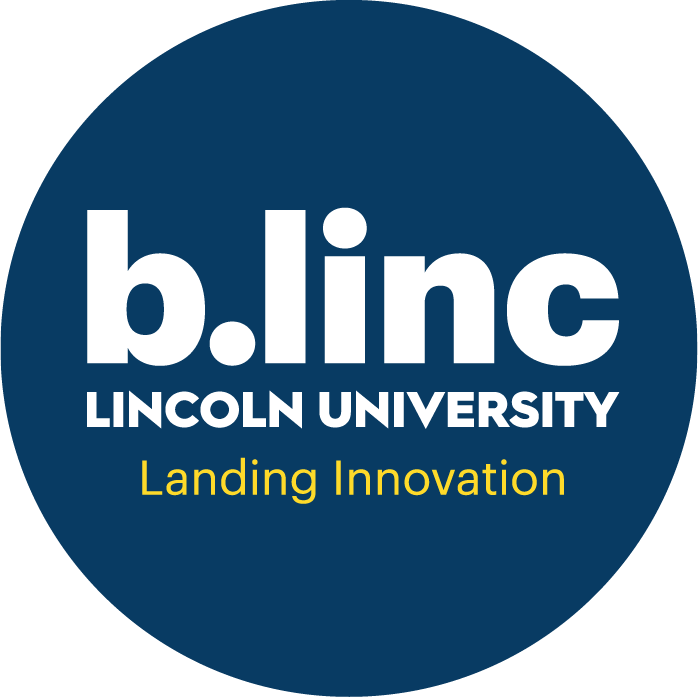Join us for the next event in: Te Whare Wānaka o Aoraki Lincoln University Excellence Series. This series highlights leadership across diverse disciplines while providing a platform to showcase the University's distinctive and influential applied research. It celebrates research excellence and fosters public engagement, extending Lincoln University's specialist land-based expertise to a wider audience, driving New Zealand's prosperity and intergenerational well-being.
The Earth’s climate is at one level simple: if the energy entering and leaving the planet at the top of the atmosphere is balanced, Earth’s climate is likely stable; if out of balance, the climate will change in search of equilibrium. Internally, however, the system is very complex, characterised by non-linear dynamics, feedbacks and tipping points. Operating over long timescales, one of the most important negative feedbacks moderating Earth’s climate is silicate weathering – the chemical alteration of minerals in soils. The intensity of silicate weathering influences fluxes in the carbon cycle and provides damping to climate perturbations. We can manipulate silicate weathering at a planetary scale in a way that could help us avoid the worst of the current climate perturbation.
In this talk Peter Almond will give examples from the geological record of possible analogues to the current climate crisis and the mechanisms and timescale of Earth’s recovery. This will provide context for a discussion of the technology of enhanced rock weathering and how it could be used in agricultural systems in Aotearoa -New Zealand and play a role in Lincoln University’s own climate ambitions.
Tuesday 13 May
4.00pm-5.30pm
Pātiki Room, Waimarie, Lincoln University
Timings
4.00 pm - Networking
4.15 pm - Welcome & introduction from LU Vice-Chancellor
4.20 pm - Presentation from Speaker
4.50 pm - Summary
5.00 pm - Networking and questions over drinks and nibbles
5.30pm - Event Ends
About Our Speaker
Associate Professor Peter Almond
My research speciality occupies the niche between soil science and the broader earth sciences. I apply my skills to understanding earth surface processes, biogeochemistry, natural hazards and paleoclimate. The underpinning of my research is that soils are a temporary earth surface phenomenon that in their properties and stratigraphy integrate the effects of earth surface processes and record aspects of past environments. My experience and knowledge allow me to bring a unique perspective to earth surface processes research that is complementary to other disciplines, including geology, geomorphology, geochronology, climatology. As a result, I have been able to push boundaries with my research that have led to a new understanding of e.g. CO2 fluxes in Antarctic soils and redefining the rate of weathering of rock to soil. My findings are highly relevant to earth system responses to and feedbacks with climate change.
Research profile Peter Almond
Click here to see more events


